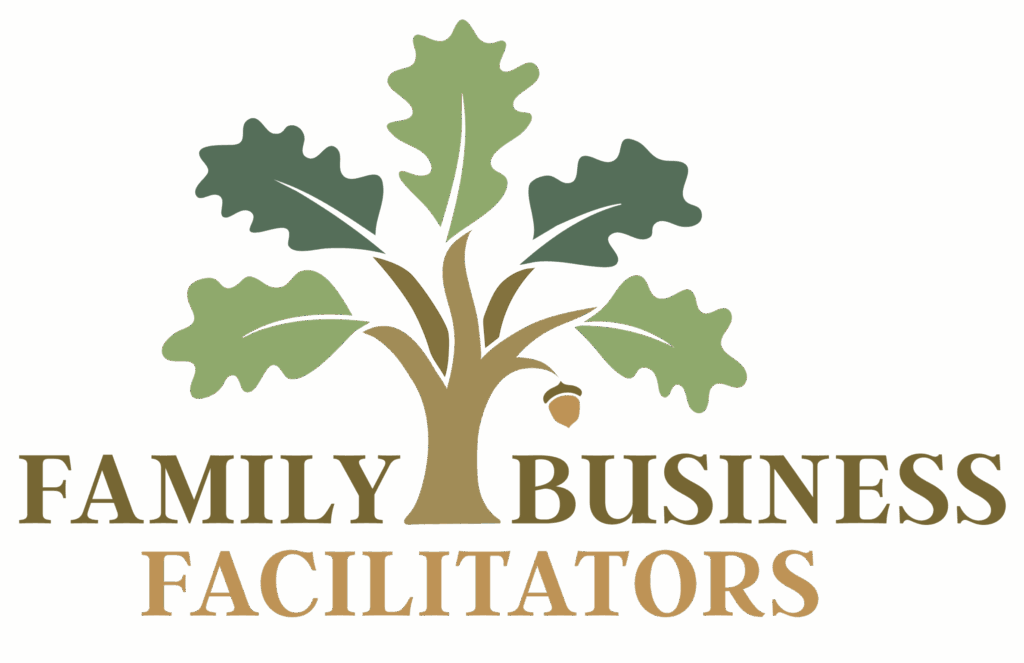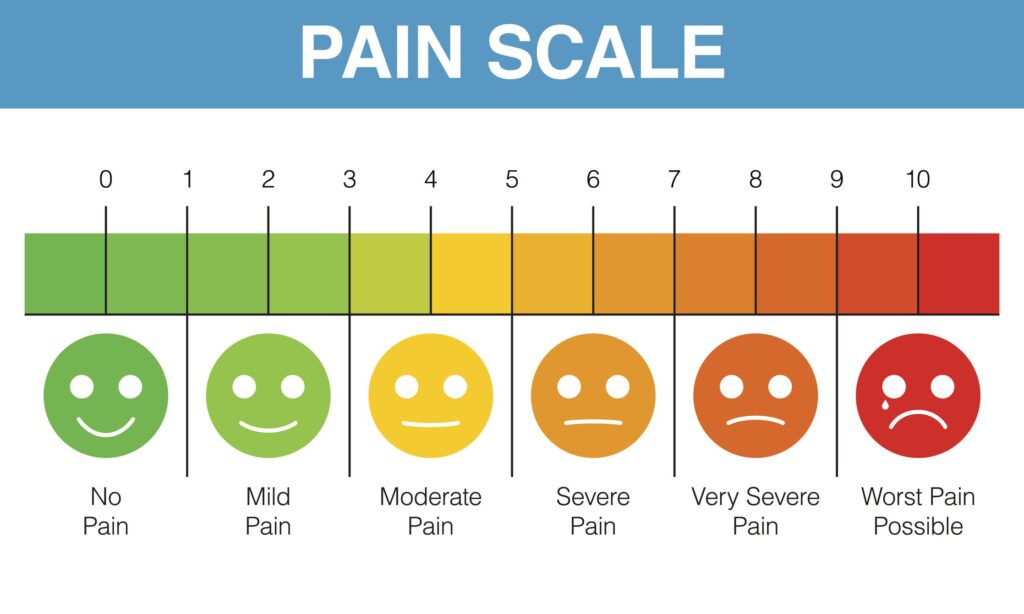Relieving Suffering in the Family Business
Behind the polished facades of successful family businesses lies a hidden reality: profound suffering that money cannot solve. To the uninitiated, it may seem ludicrous to speak of suffering in the family business. Because from the outside looking in, business families can seem like models of success, fulfillment, and happiness. People think: “They’re well-off. They have it made! They don’t have any problems.”
However, appearances can be deceiving.
Suffering is Universal
Business-owning families are no different from any other families in the sense that they will experience loss, trauma, heartache, and trials. Accidents, calamity, death, and disease are universal. It is true that many business-owning families are fortunate to have access to money with which to address the sources and symptoms of their pain. But the pain is real. And no one – no matter how rich – can purchase an exemption. Shakespeare’s King Lear calls us all, high-born and low-born alike, “poor naked wretches” with no shelter from “the pelting of this pitiless storm” called life.
Reflecting on those lines, Frederick Buechner writes, “Beneath our clothes, our reputations, our pretensions, beneath our religion or lack of it, we are all vulnerable both to the storm without and to the storm within, and if ever we are to find true shelter, it is with the recognition of our tragic nakedness and need for true shelter that we have to start.” (Telling the Truth, p. 33.)
But Three Forms of Suffering are Uniquely Prevalent in Family Businesses
While all families face universal challenges, three forms of suffering are uniquely amplified within family business dynamics. Family Business Facilitators is equipped to address all three.
- Isolation. People leading and working in a family business often feel quite alone. There really is no one with whom they are free to speak openly about their deepest concerns. Loneliness is a problem in our general population; U.S. Surgeon General Dr. Vivek Murthy has made loneliness a major public health priority. His 2023 Surgeon General’s Advisory titled Our Epidemic of Loneliness and Isolation highlights the profound impact of social disconnection on physical, mental, and societal health. Family business leaders are arguably at greater than average risk because of the compounding isolative effects of affluence and leadership. This is true for bloodline family members as well as married-ins and nonfamily executives.
Example: A CEO feels they can’t confide doubts about a sibling’s performance to their spouse, employees, or board.
- Active Conflict (Fighting). We find Baumel & Trippe’s distinction between active and passive family business conflict helpful. In the case of active conflict, “the cause of the dispute is clear and battle lines are clearly drawn.” (Doug Baumel & Blair Trippe, Deconstructing Conflict: Understanding Family Business, Shared Wealth and Power, p. 7.) Conflicts arise in every family, of course. This is perfectly normal and can even be beneficial. But resolving these conflicts in business-owning families is especially challenging because “economic, emotional, and relationship issues are locked together in family enterprise and must be addressed in an integrated and comprehensive manner.” (Ibid.)
Example: Two brothers are deadlocked over expansion strategy while employees watch productivity plummet.
- Passive Conflict (Being Stuck). A subtler form of conflict is also common in family business: “Being stuck and unable to move forward due to fear that conflicts might be triggered if important decisions are made, or needed actions taken.” (Ibid.) This form of conflict is prevalent in families who exhibit a “fake harmony.” On the surface, the absence of active conflict seems to indicate that things are running smoothly. But serious issues are being avoided and key decisions postponed. There are usually very understandable reasons for these impasses; the issues at stake involve tension between two or more deeply held values. Unfortunately, over time fake harmony creates conditions for a devastating explosion, because “…an unaddressed conflict builds and builds over time until it erupts into far more serious and complex arguments.” (Di Loretto & Isaacson, cited by Cathy Carroll in Hug of War, p. 80.) Like the FRAM oil filter ad used to say, “You can pay me now (for a filter), or pay me later (for an engine overhaul).”
Example: A third-generation family is avoiding succession planning because it might reveal uncomfortable truths about competency.
The ‘Wounded Healers’ of Family Business
My deep dive into family business literature has taught me that family business services is a realm in which “wounded healers” are at work, quietly and effectively caring for others. The Wounded Healer is the title of a classic book by Henri Nouwen that’s required reading for future priests and pastors enrolled in many seminaries. Nouwen argues that those who minister to others must first recognize and embrace their own wounds in order to offer genuine healing: “The great illusion of leadership is to think that man can be led out of the desert by someone who has never been there.” In Christian theology Jesus is, of course, the ultimate wounded healer.
Most of the family business books on my shelf were written by people who’ve been wounded by some aspect of family business life. Their efforts to understand and heal from their experiences, and to help others avoid or recover from the same pain, have produced the books. Many offer podcasts and family business peer group opportunities as well.
Kudos to those who access the wisdom and support available through these resources. Those who anticipate needs will find ‘an ounce of prevention’ there; they can read, listen, learn, and apply. However, most family business service providers say that nearly ALL of their clients ignore early warning signs and postpone seeking help – until a crisis hits. One told me, “Fred, I’m selling fire insurance to people whose houses are already burning.”
At Family Business Facilitators, we combine professional expertise with deep personal understanding of family business dynamics. Our approach recognizes that sustainable solutions must address both the business and family dimensions simultaneously.
Don’t Wait Until Your Family Business is a House Afire
I’ll close with a story about a burning house that illustrates the folly of stubbornly refusing to seek outside resources in a time of need.
There was a certain man who moved to a cottage equipped with a stove and simple furnishings. As the sharp edge of winter cut across the landscape, the cottage grew cold, as did its occupant. He went out back and pulled a few boards off the house to kindle a fire. The fire was warm, but the house seemed as cold as before. More boards came off for a larger fire to warm the now even colder house, which in turn required an even larger fire, demanding more boards. In a few days the man cursed the weather, cursed the house, cursed the stove, and moved away. (Fred Craddock, Craddock Stories, Chalice Press, 2001. p. 18)
In conclusion, remember this: “How conflict is managed is often the difference between success and failure for these families and their enterprises. … Having a stake in the outcome makes objectivity difficult; therefore, incorporating a neutral professional can add immeasurably to the success of the process.” (Doug Baumel & Blair Trippe, Deconstructing Conflict: Understanding Family Business, Shared Wealth and Power, pp. 3-4)
Call Us – Create a New Competitive Advantage
Don’t let pride or procrastination turn manageable tensions into generational disasters. The question isn’t whether your family business will face these challenges – it’s whether you’ll address them proactively or reactively. We will not only help resolve immediate issues but equip you and your stakeholders with conflict management skills that become a competitive advantage for long-term success.




